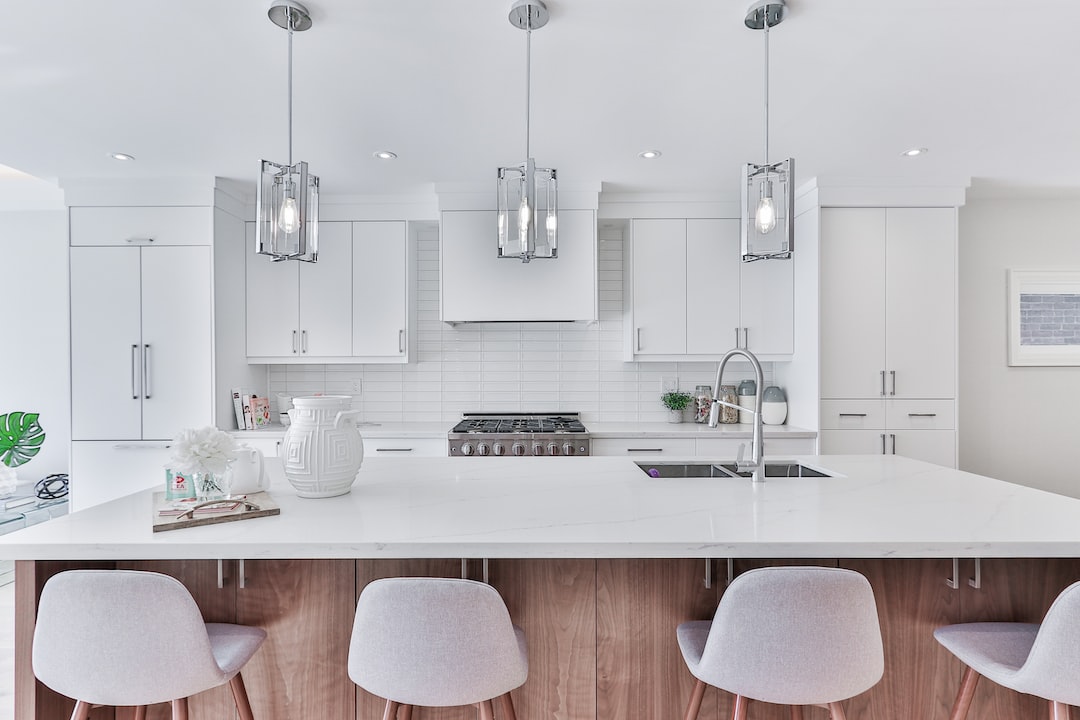When it comes to purchasing a new home, setting a realistic budget is crucial. Buying a home is one of the biggest financial decisions you’ll make in your lifetime, and it’s important to ensure that you can comfortably manage the financial responsibilities that come along with it. In this blog post, we will discuss some essential steps to help you set a realistic budget for home buying.
1. Assess Your Financial Situation: Before diving into the process of setting a budget, it’s important to take a close look at your current financial situation. Evaluate your income, expenses, savings, and outstanding debts. This will help you gauge how much you can afford to allocate towards your monthly mortgage payments. It’s also important to factor in additional costs, such as property taxes, insurance, maintenance, and utilities.
2. Determine Your Down Payment: One of the first steps in setting a budget for home buying is determining how much you can afford to provide as a down payment. A higher down payment helps reduce the amount of money you’ll need to borrow, which can lower your monthly mortgage payments. Saving for a down payment might take time, so it’s essential to start early and adopt good saving habits.
3. Calculate Your Debt-to-Income Ratio: Lenders often use the debt-to-income ratio (DTI) to assess your ability to handle mortgage payments. Your DTI is calculated by dividing your monthly debt payments by your gross monthly income. A high DTI can affect your ability to obtain a mortgage, so it’s important to keep it within a reasonable range. Aim for a DTI of less than 43%, as this is considered a standard requirement for most mortgages.
4. Consider Pre-Approval: Consider getting pre-approved for a mortgage before setting your budget. Pre-approval will give you a better understanding of what lenders are willing to lend you, based on your financial profile. This will help you set a more realistic budget and avoid disappointment later on.
5. Calculate Affordability: Once you have determined your down payment and assessed your financial situation, it’s time to calculate how much you can afford to spend on a new home. A general rule of thumb is to cap your monthly mortgage payment at around 25-30% of your gross monthly income. This will help ensure that you don’t stretch yourself too thin financially.
6. Account for Miscellaneous Expenses: When setting your budget, don’t forget to factor in additional expenses such as closing costs, moving costs, and potential renovations or repairs. These costs can add up quickly, so it’s crucial to budget for them in advance.
7. Be Realistic About Home Prices: It’s essential to be realistic about your housing market. Research the average home prices in the areas you’re interested in and compare them to your budget. Be prepared to make compromises or adjust your expectations if necessary.
8. Seek Professional Advice: Setting a budget for home buying can be a complex process, especially if you’re a first-time homebuyer. Seek guidance from a trusted financial advisor or a mortgage professional who can provide insights into the current market conditions and help you make informed decisions.
9. Regularly Review and Adjust: Lastly, setting a realistic budget for home buying is an ongoing process. Regularly review and adjust your budget as your financial situation changes. Keep an eye on interest rates, market conditions, and your own financial goals to ensure that your budget remains realistic and achievable.
In conclusion, setting a realistic budget for home buying is crucial to ensure long-term financial stability. Assess your financial situation, consider your down payment, calculate your debt-to-income ratio, and seek pre-approval to gain a better understanding of what you can afford. Factor in miscellaneous expenses, be realistic about home prices, seek professional advice, and regularly review and adjust your budget as needed. By following these steps, you’ll be one step closer to finding your dream home without putting your financial future at risk.

